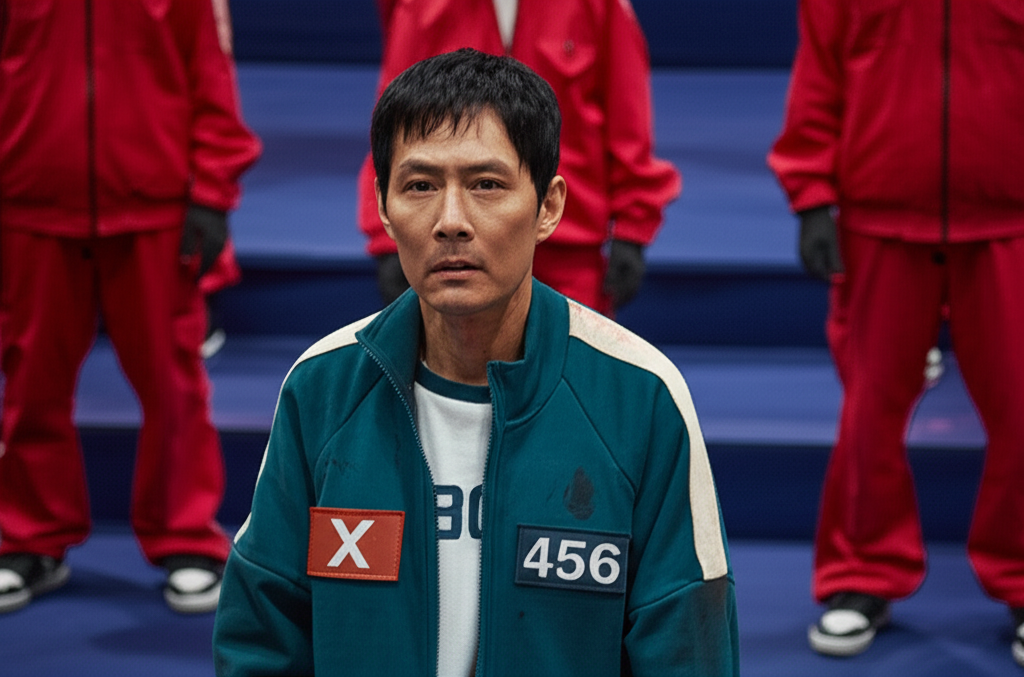Now Reading: WSWF’s KYOKA vs RIEHATA: A Battle of Pride, Style, and Legacy
-
01
WSWF’s KYOKA vs RIEHATA: A Battle of Pride, Style, and Legacy
WSWF’s KYOKA vs RIEHATA: A Battle of Pride, Style, and Legacy

wswf koyka vs riehata, The premiere episode of Mnet’s global dance survival show WSWF (World Street Woman Fighter) set the internet ablaze. At the heart of the buzz was a high-voltage one-on-one match between Japan’s two powerhouse crews: KYOKA of OSAKA Ojo Gang and RIEHATA of RHTokyo. Far from a friendly sparring match, this battle felt like a fight for Japan’s dance crown—and the right to represent their country on the world stage.
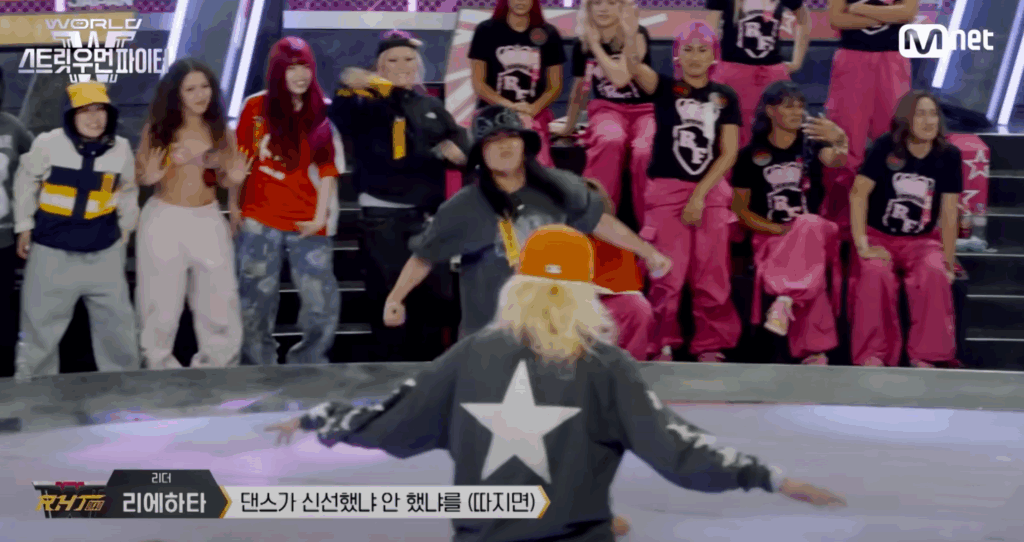
🇯🇵 Not Just a Match, But a National Showdown
From the moment the teams walked into the battle zone, the tension was palpable.
“There’s no need for two Team Japans,” one voice said, setting the tone.
This wasn’t just a routine; this was a duel of identities, philosophies, and national pride.
As part of WSWF’s “No Respect Battle” format, dancers select opponents they believe they can beat. This led to an epic face-off between two of Japan’s most iconic female dancers: KYOKA, known for her raw street style, and RIEHATA, a world-class choreographer to global stars.
🔥 KYOKA – The Voice of Freestyle
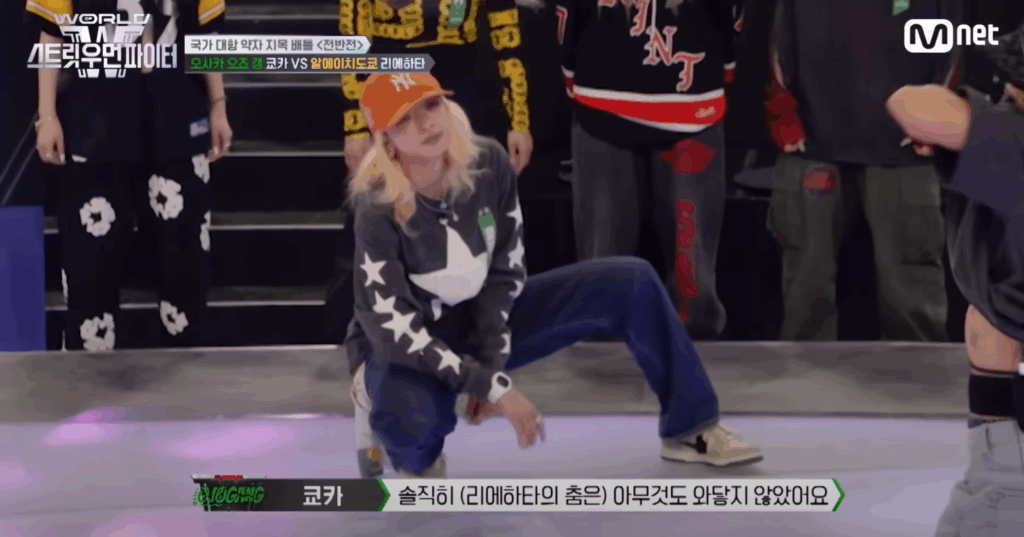
Opening the battle, KYOKA wasted no time in claiming space with her hip-hop-driven freestyle. Her grooves were authentic, musical, and unapologetically street.
“This is hip-hop, RIEHATA!” her moves seemed to scream.
Audience reactions included gasps and cheers:
“This is what freestyle looks like!”
“That’s KYOKA for you—raw and real.”
Her charisma radiated as she delivered a performance deeply rooted in rhythm, personal style, and spontaneous flow.
👑 RIEHATA – The Queen of Precision
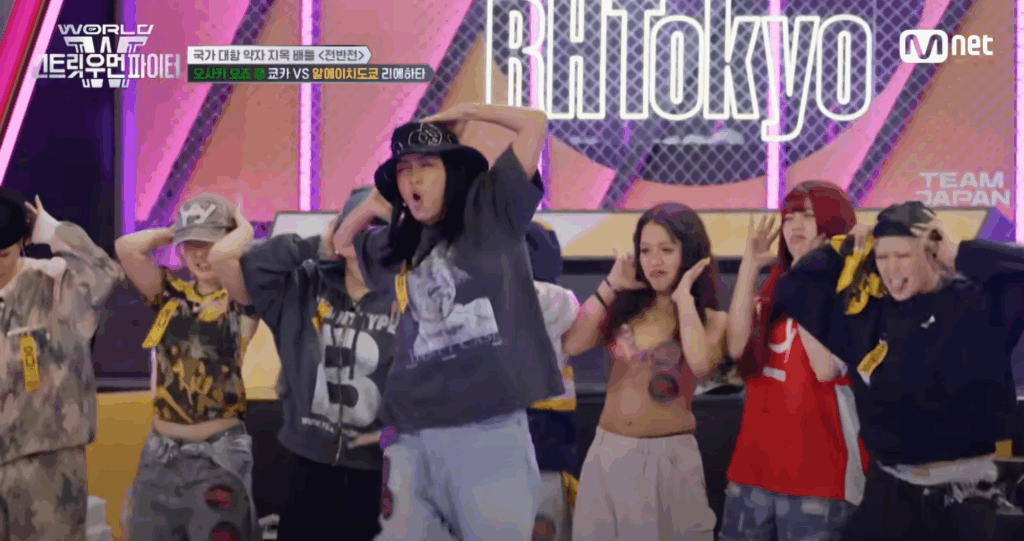
Then came RIEHATA, the acclaimed choreographer behind stars like BTS, Chris Brown, and BoA.
Calm, confident, and calculated, she moved with surgical control. Her routine was a study in clean execution and emotional restraint, commanding the stage with professional poise.
“No nerves, no hesitation,” murmured one observer. “She’s a gangster in her own right.”
Her performance style was less improvisation, more cinematic presentation—a masterclass in choreographed intensity.
⚖️ 3-0 for RIEHATA – And the Fans Were Divided
The judges delivered their verdict: 3-0 in favor of RIEHATA.
But outside the studio, debate exploded across YouTube, Twitter, and dance forums.
| Side | Argument |
|---|---|
| KYOKA Supporters | “She embodied the street.” “Freestyle > polished choreo.” |
| RIEHATA Supporters | “She controlled the stage.” “Clean, global, unbeatable.” |
| Neutral Viewers | “It’s a style clash.” “Both queens, different worlds.” |
The core of the controversy? A familiar dilemma in dance circles:
Is freestyle less valuable than choreography? Or is this show favoring one over the other?
🧠 The Bigger Question: What Is “Dance Excellence”?
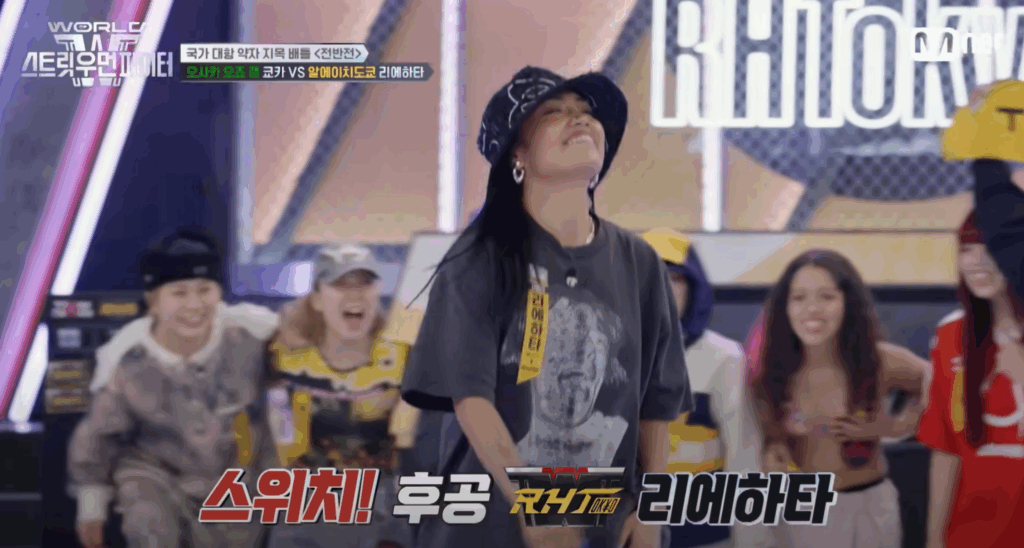
KYOKA, after the battle, remarked:
“It didn’t hit me. It was just a performance.”
RIEHATA, cool and composed, replied:
“This wasn’t a battle. It was a stage.”
The battle exposed a broader debate—what defines greatness in dance?
- Freestyle: raw, improvisational, rhythm-driven
- Choreography: precise, designed, impactful
WSWF now sits at the intersection of these two pillars, and the world is watching to see which direction it leans.
🎯 WSWF: More Than Entertainment
Beyond the fierce dance-offs, WSWF is becoming a platform for cultural dialogue and artistic values.
By placing global street dancers on a televised stage, it asks bold questions:
- What matters more—spontaneity or spectacle?
- How do we balance tradition with global standards?
- Can two completely different styles be judged by the same metric?
The KYOKA vs. RIEHATA match didn’t just set the tone for the season—it may define it.















